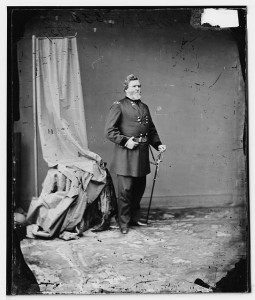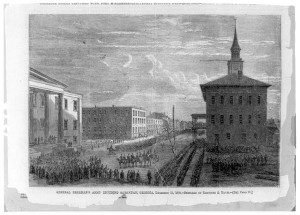The Civil War was hugely expensive for the federal government, and various tax schemes were imposed to generate the necessary revenue, including an income tax. Here Gotham’s Times was concerned that tax assessors did not keep citizens’ incomes secret: “We live too much in public already.” Moreover, the paper believed that income publicity would have the unintended consequence of making those who owed taxes falsify their income so that their neighbors would not know how much they made.
From The New-York Times December 29, 1864:
The Internal Revenue Law-Telling Other People’s Secrets.
Amongst the many imperfections of the Internal Revenue Law, the failure to impose secrecy on the assessors of the income tax is certainly not one of the least important. The Evening Post commented a few days ago in severe terms on the smallness of the amount returned as their yearly income by great numbers of persons whose style of living unquestionably proves the receipt of five or six times as much, and it recommends sarcastically that Mr. PUTNAM should use the records in his possession to make up a book exposing the fraudulent concealments and evasions of some of our wealthy citizens in their dealings with the Government. It says:
“One man, who was supposed to have an income of over $100,000 from unencumbered real estate, lives like an English nobleman on about $2,800 per year, and another supports a luxurious town house and country place on the prodigious income of $98 02, from which is to be deducted the sum of $2 94 for his bleeding country. Such thrift and executive capacity are unsurpassed in ancient or modern times, and they place many of our fellow citizens high above that celebrated individual of antiquity who was detected flaying a parasite for his oleaginous deposit and cuticle.”
This is doubtless all true, and if true, very disgraceful; but we think that it is also disgraceful that either the Evening Post or any-body out of the Assessor’s office should know anything about it. In England, the Income Tax Commissioners and their employes are sworn to secrecy, and any revelation of the facts intrusted to them by the taxpayers respecting their private affairs, would certainly insure their dismissal as well as their disgrace.
There ought to be a similar rule here, and that there is not is another illustration of the hasty and slipshod way in which our system of taxation has been formed. Instead of perfecting the details of the tax law, Congress was last session a great part of its time occupied in discussing the origin of the war, and devising means to punish gold speculators. Forcing men to state under oath how much money they have, how much their wives have, and where they got it, is a sufficiently inquisitorial measure in itself, and its execution ought to be surrounded by every precaution that can tend to render it less odious. Nobody likes to reveal the exact amount of his income to the public, or to anybody from whom it can be concealed. The general feeling of the civilized world on this subject is evidenced by the social usage which makes it a gross impertinence to ask for information on this subject, even from one’s intimate friends, and a piece of folly to give it unasked. And this feeling of delicacy, so far from being assailed by legislation, ought, we think, to be encouraged and fostered. We live too much in public already. The public morals and manners would both be better than they are if people’s private affairs were held in greater respect, and if what passed in people’s houses was less frequently looked on as fair matter for street and newspaper gossip.
There are a thousand reasons, which we need not enumerate, why both persons with small and large incomes should, in the great majority of cases, desire to keep all information both as to their amount and their source confined to the family circle. And although the necessities of the Government call for its communication to certain Government officers; we maintain that both policy and morality require that these officers should keep it to themselves, that they should not impart it to anybody except those who are connected with the work of assessing or collecting the taxes, and that they should not make it the subject of gossip, or even of comment to anybody but their own superiors.
Now this rule has not been adhered to here, in New-York. Returns of income are communications as strictly confidential as any communications can be; but they are not treated as such; and are, though not actually on public file, we believe, for all practical purposes open to public inspection. If A wants to know how much B has a year, or how much he made last year, he has little difficulty in finding out, and the whole ward very soon knows it, and is very soon divided into two parties of tattlers about it, one maintaining that he has made false returns, the other that he is an extravagant dog who lives beyond his income; the fact being that it is nobody’s business, except his creditors, how he lives.
It is no wonder that there are plenty of false returns, when everybody feels that everything he puts down will be known to the whole city; that his affairs, if he is a man of mark, may be the talk of all his neighbors the day after he swears to his statement, and — what is, perhaps, fully as important, no wonder there are such a large number of persons who make no return whatever, when those whose income is small, feel that in stating the amount they expose themselves to sneers or depreciation in a place in which wealth is every day becoming more and more the measure of position and respect.
Strict secrecy ought, in short, to be imposed on the assessors by law; their records ought to be made confidential communications, and all revelation of their contents punishable; and until this is done, the assessors themselves ought to act like gentlemen, and keep what they know to themselves.
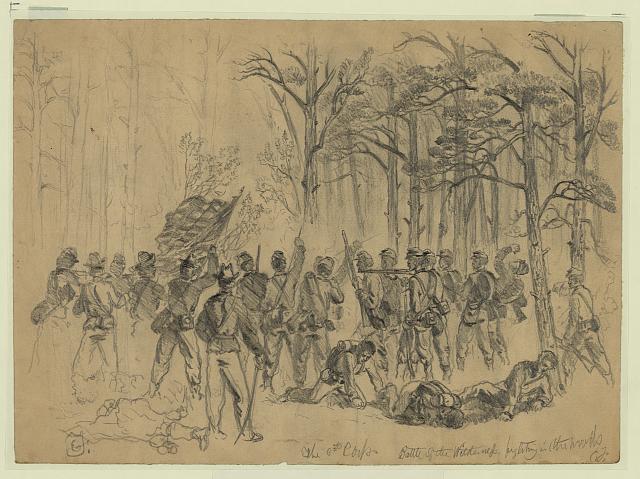

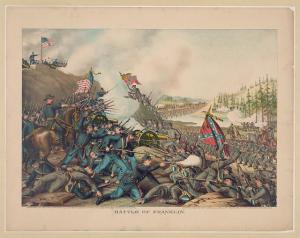

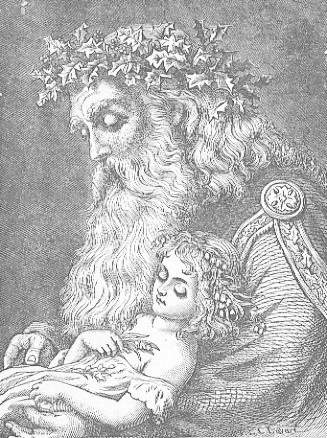
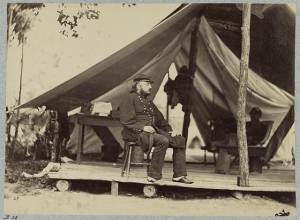


![Surgeon's Quarters, camp of 50th New York Engineers in front of Petersburg, Va., November, 1864 (photographed 1864, [printed between 1880 and 1889]; LOC: LC-DIG-ppmsca-33117)](https://www.bluegrayreview.com/wp-content/uploads/2014/11/33117r.jpg)
![[Petersburg, Va. General view of the commissary department, 50th New York Engineers] (1864 November; LOC: LC-DIG-cwpb-03676)](https://www.bluegrayreview.com/wp-content/uploads/2014/11/03676r.jpg)
![Winter quarters of the Engineer Corps. ( Hartford, Conn. : The War Photograph & Exhibition Co., No. 21 Linden Place, [between 1864 and 1865]; LOC: LC-DIG-stereo-1s02721)](https://www.bluegrayreview.com/wp-content/uploads/2014/12/1s02721r-300x176.jpg)
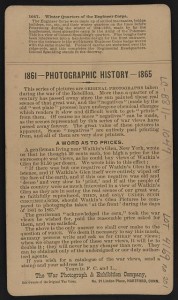
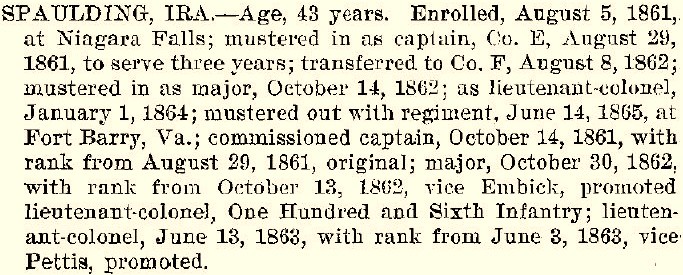

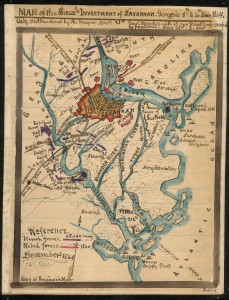
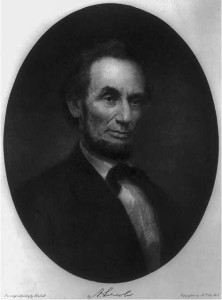
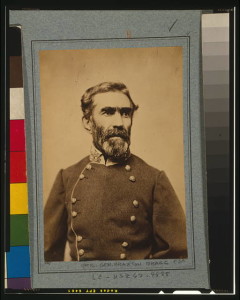
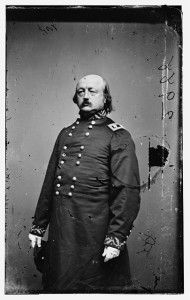
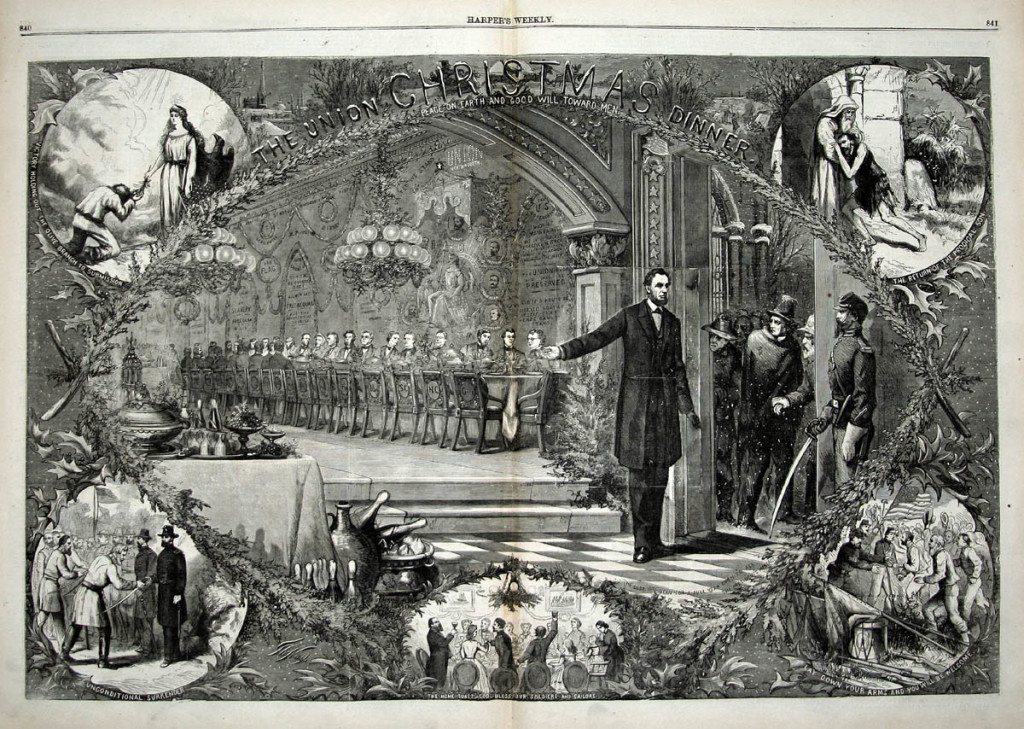

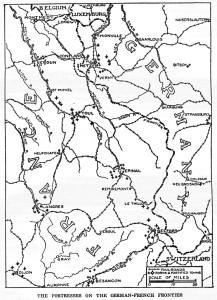
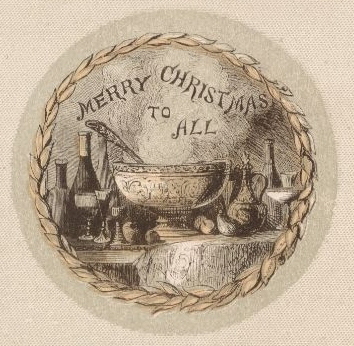
![Scene of Ewell's attack, May 19, 1864, near Spottsylvania [i.e. Spotsylvania] Court House. Dead Confederate soldiers ([photographed 1864 May 19, printed later; LOC: LC-USZ62-104043)](https://www.bluegrayreview.com/wp-content/uploads/2014/12/3c04043r-300x238.jpg)
